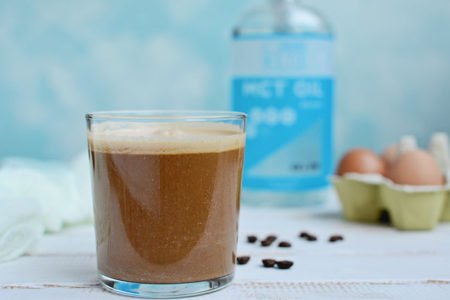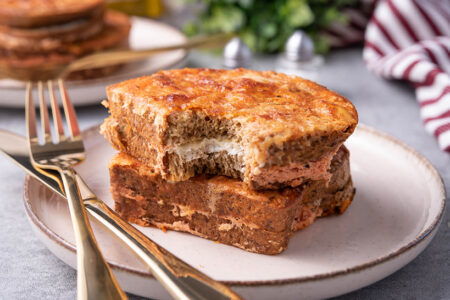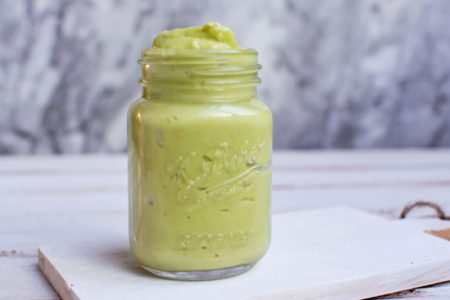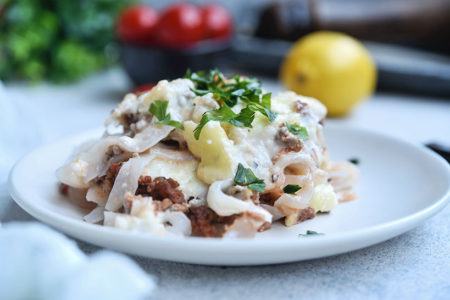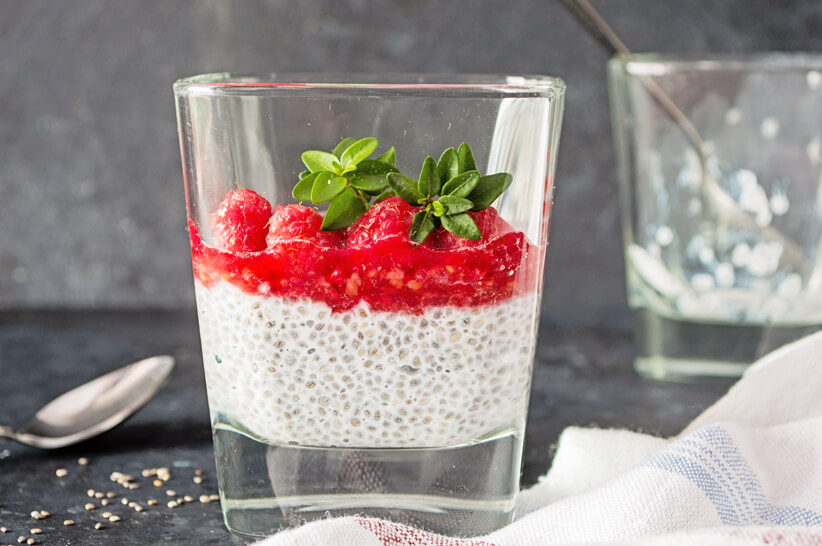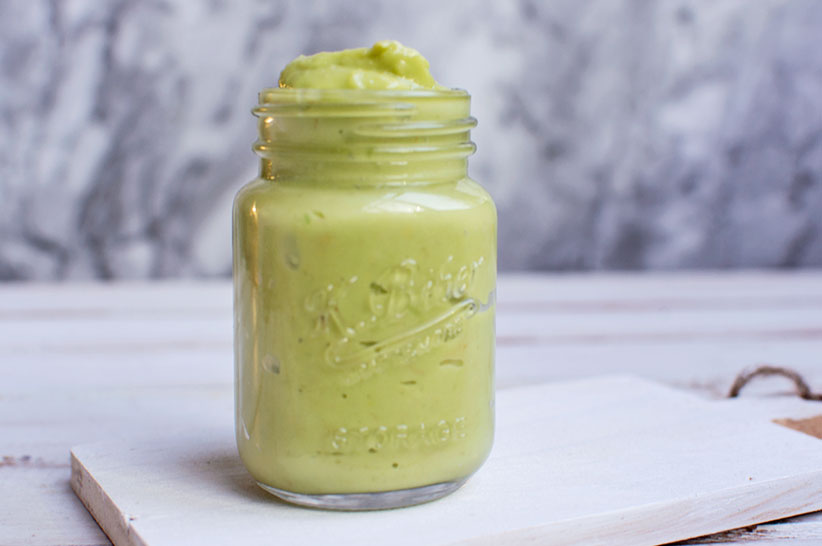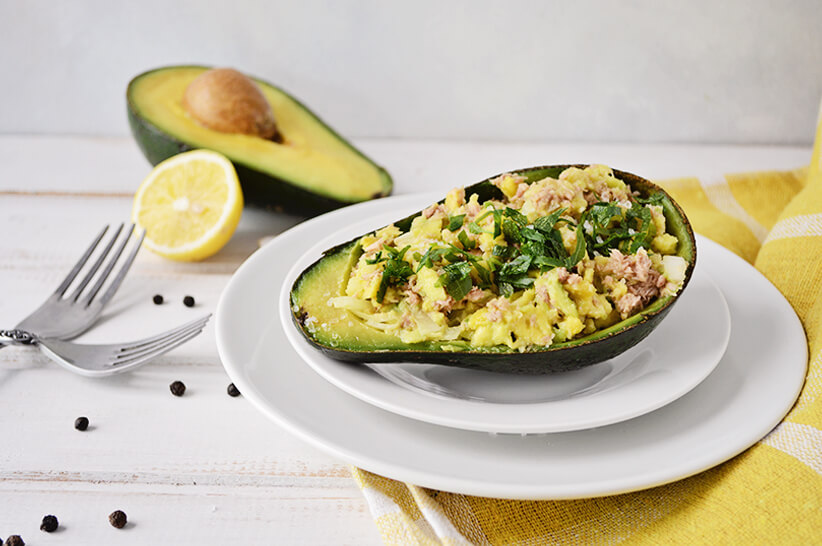This is a quick and easy breakfast or dessert recipe that you can share with the family. At only 4.3g net carbs, 5.6g of protein, and lots of fiber, this breakfast dish will keep you full until lunchtime. You can also make it a day ahead and store it in the fridge. The unsweetened coconut milk flavor in this chia pudding breakfast pairs perfectly with sweet and tangy raspberries. And the added mint leaves definitely bring the flavors to another level.
Keto Raspberry Breakfast Chia Jars
Preparation Time: 10 minutes + inactive time
Cook Time: 5 minutes
Serves: 4
Ingredients
Chia pudding:
- 4 tbsp chia seeds
- ½ tsp cinnamon
- 1 cup unsweetened coconut milk
- 4 tbsp yogurt
- 10 drops liquid stevia
Raspberry layer:
- 1 cup fresh raspberries
- 2 tbsp water
Additional:
- Some fresh raspberries
- Fresh mint
Instructions
- Combine chia seeds, cinnamon, coconut milk, and stevia in a bowl. Cover and set aside for 30 minutes.
- In the meantime, make the raspberry layer by combining the raspberries and water in a saucepot.
- Set over medium heat and cook until the raspberries are softened. Remove from heat.
- To serve, add yogurt into the bowl with the chia and stir to combine.
- Divide the chia among four serving bowls.
- Top with raspberry layer.
- Finish off with fresh raspberries and fresh mint for decoration.
Tips & Tricks
Preparation tips
If you want to add more protein to this dish, use Greek yogurt instead of regular yogurt. However, if you want more fat, use coconut cream instead. You can also use almond milk instead of coconut milk, but it will change the flavor and affect the creaminess (coconut milk is higher in fat than almond milk). Also, some don’t like the texture of soaked chia. If you’re one of those people. Consider blending the chia in a food processor.
Health benefits
Chia seeds are one of the best sources of plant omega-3 fatty acids. One serving of this chia breakfast pudding provides approximately 2.500 mg of omega-3 fatty acids, which is well beyond the minimum 300mg requirement for this nutrient. Plant omega-3s help reduce inflammation and your risk of heart attack and stroke. Some of them may be converted to docosahexaenoic acid (DHA), an omega-3 important for brain and nervous system health.


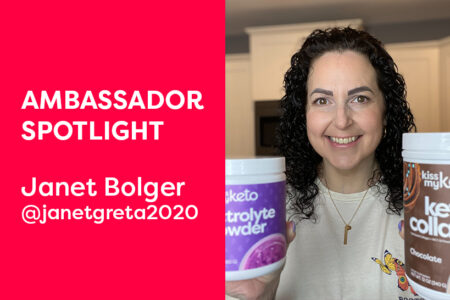

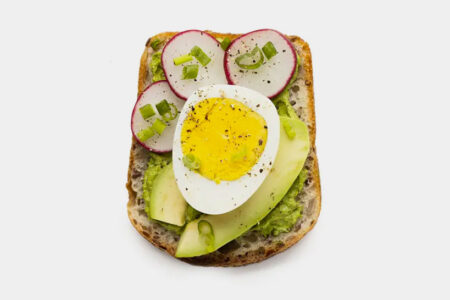
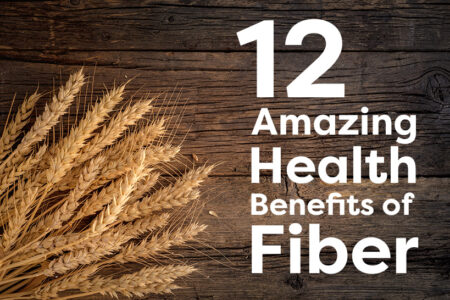



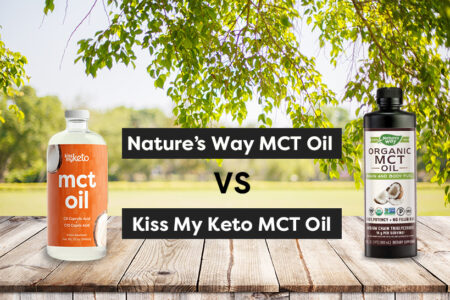
![Juicing for Weight Loss: Everything You Need to Know [Plus Recipes]](/wp-content/uploads/2019/08/Juicing-for-Weight-featured-image.jpg)

